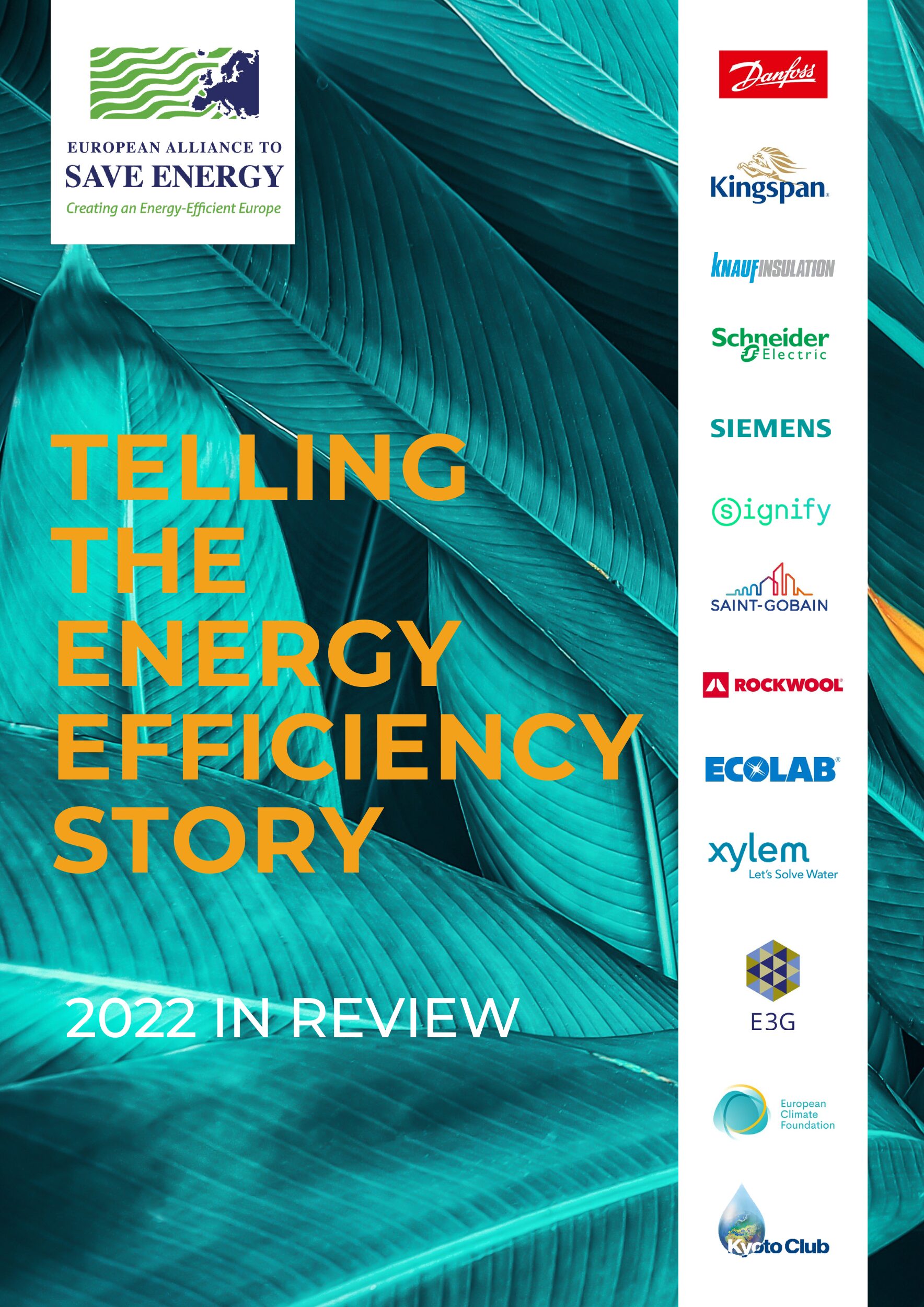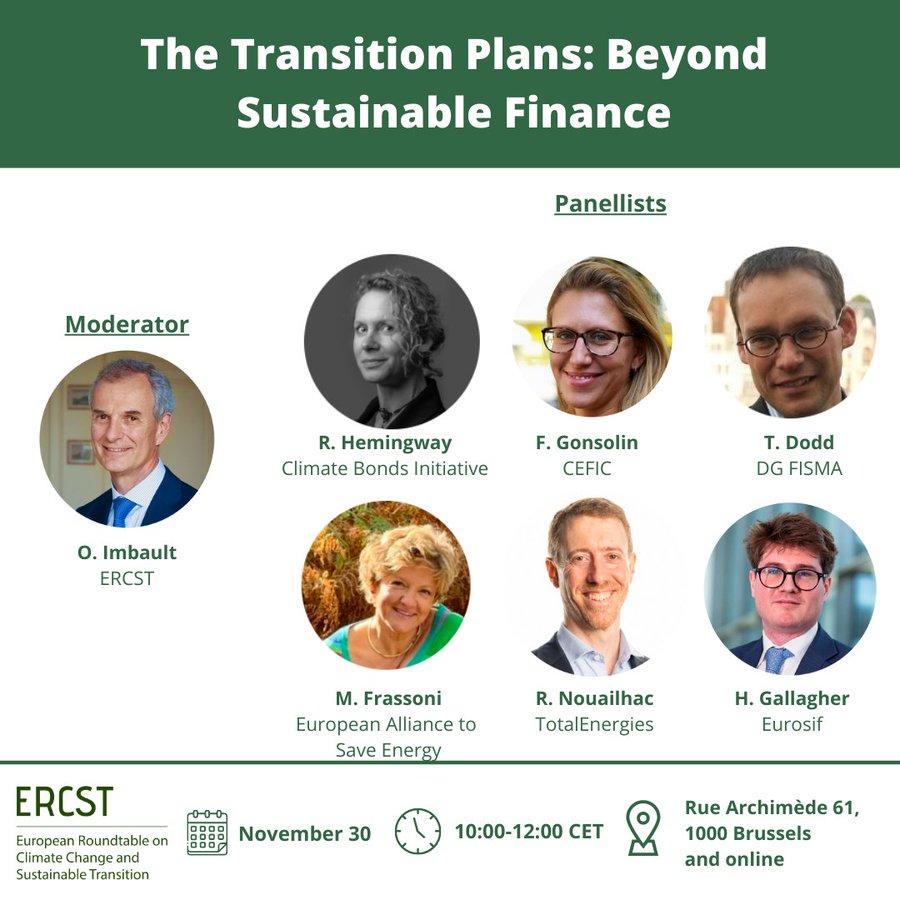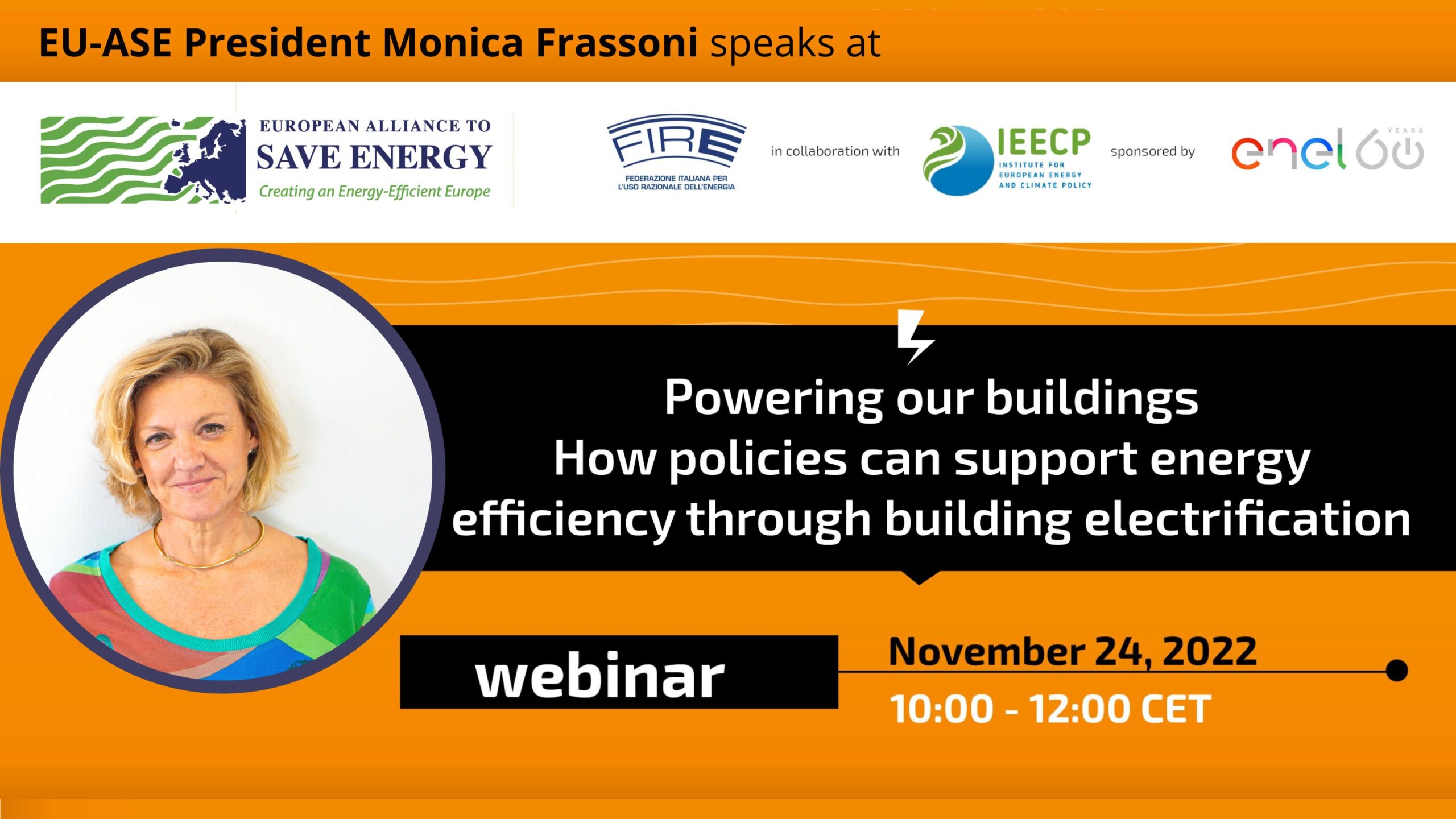EU-ASE appoints its new Chairperson and Vice-Chairperson

As of January 2023, European Alliance to Save Energy (EU-ASE) has appointed Quentin Galland as new Chairperson and renewed the mandate of Bonnie Brook as Vice-Chairperson.
Quentin Galland is Group Public & Regulatory Affairs Director at Knauf Insulation. He is a driven, collaborative and business-focused senior public affairs professional, with a passion for sustainability and energy efficiency related topics.
Bonnie Brook is Vice-President of Industry Affairs at Siemens Smart Infrastructure. She is a vibrant and engaged industry advocate for innovation in buildings to increase comfort and productivity, reduce impact on the environment and improve property value.
Both Quentin and Bonnie bring a wealth of expertise and knowledge, coming from leader businesses in the energy efficiency world. The whole EU-ASE team warmly congratulates them for their appointment and looks forward to working together in their term.
Monica Frassoni, President of EU-ASE, said: “The urgency of the climate crisis cannot be ignored. While the energy transition is paved with many challenges, we look forward to continue working together with our business and thought leaders towards an energy efficient Europe. I welcome the appointment of Quentin and Bonnie and I am confident that they will greatly help the Alliance in its work in the years to come, starting from a busy 2023.”
Quentin Galland said: “It has never been a greater time for Europe to save energy. Global challenges are opening up opportunities for the energy community to seize, starting with putting energy efficiency at the heart of the political agenda. I am convinced that the Alliance will be a driving and paramount contributor to high-level discussions and important decisions for all citizens.”
Bonnie Brook said: “System energy efficiency is key in achieving the EU decarbonization goals. We need the political will in the Fit for 55 legislation, subsequent accelerated implementation with vast participation and effective collaboration of all stakeholders.”
The newly appointed Chair and Vice-chair will stay in charge for the next three years, as per the internal rules of the Alliance.
More information about EU-ASE management here.

About us
The European Alliance to Save Energy (EU-ASE) is a cross-sectoral, business-led organisation that ensures that the voice of energy efficiency is heard across Europe. EU-ASE members have operations across the 27 Member States of the European Union, employ over 340.000 people in Europe and have an aggregated annual turnover of €115 billion.




